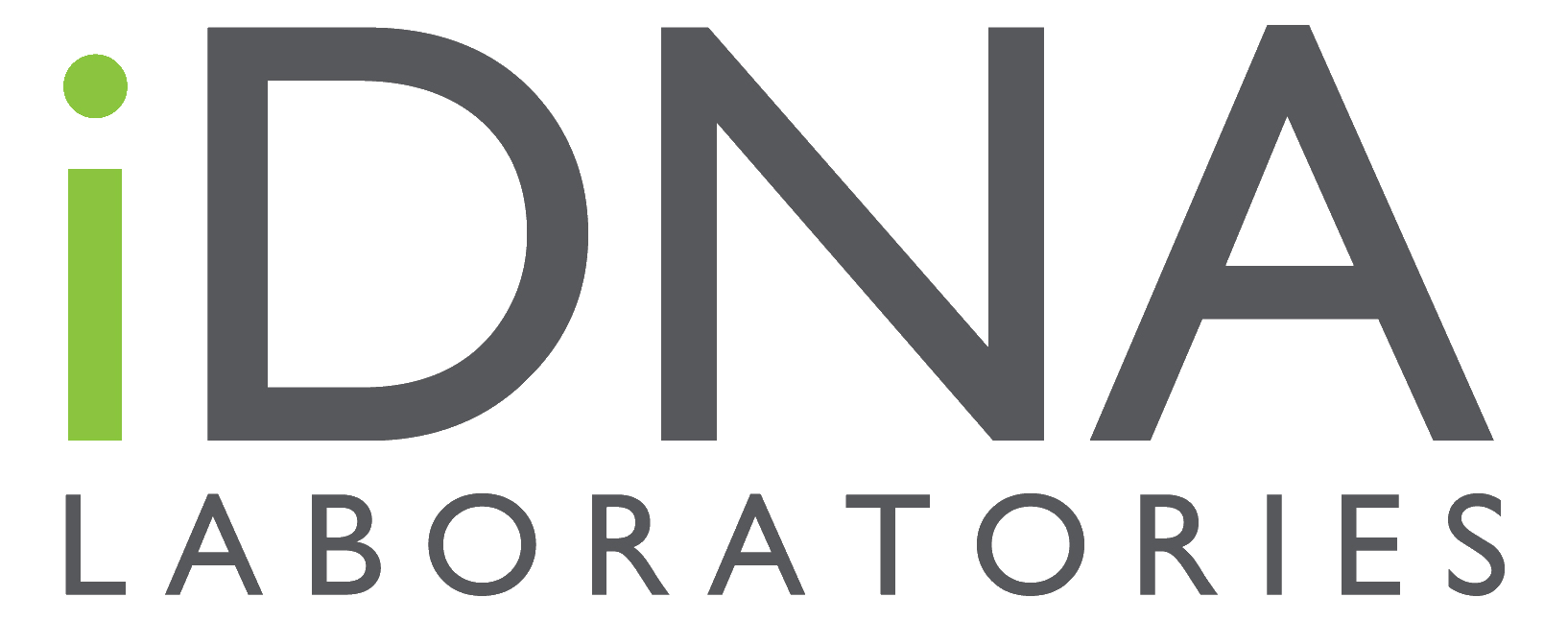Number of people and percentage of the population with overweight or obese*
Contact us

iDNA Laboratories is a genetics company, based in Greece, active in the field of Precision Medicine and aiming to personalize health care.
ΓΕΜΗ 157439801000
© Copyright – iDNA Laboratories | Developed by ADS Solutions









